Dieva Putniņi
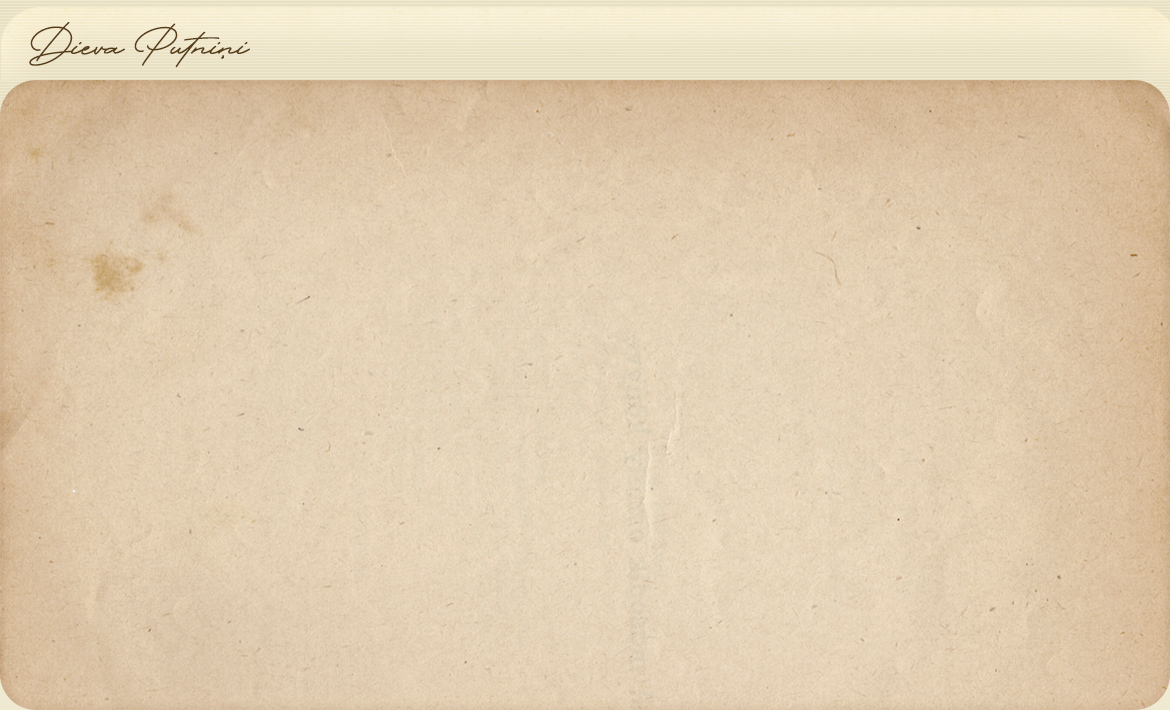
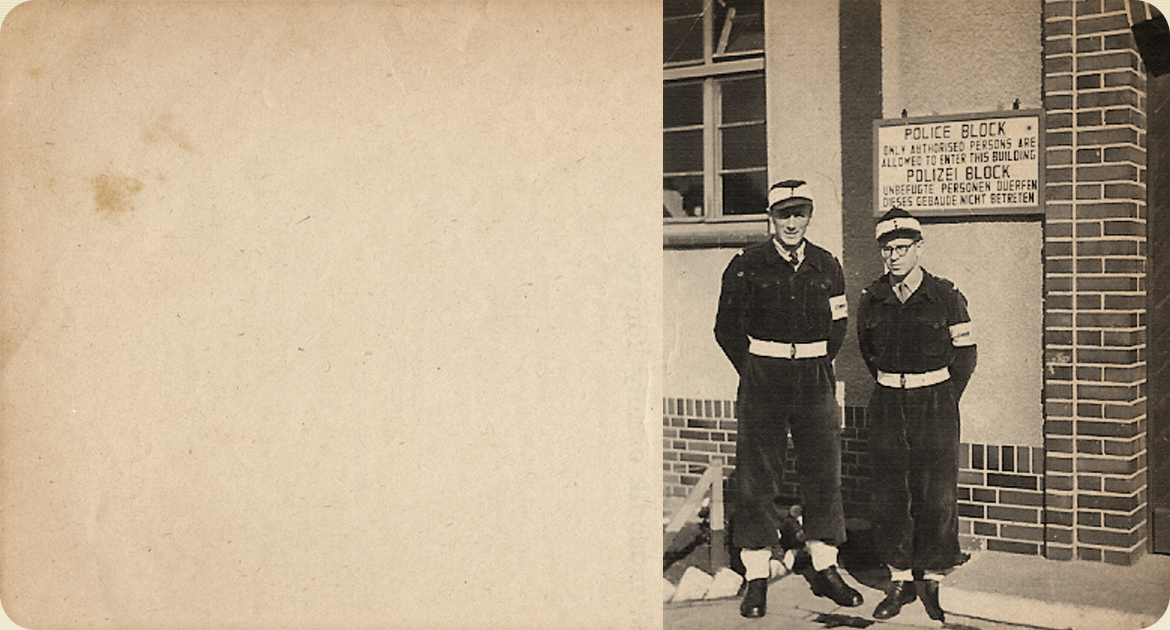
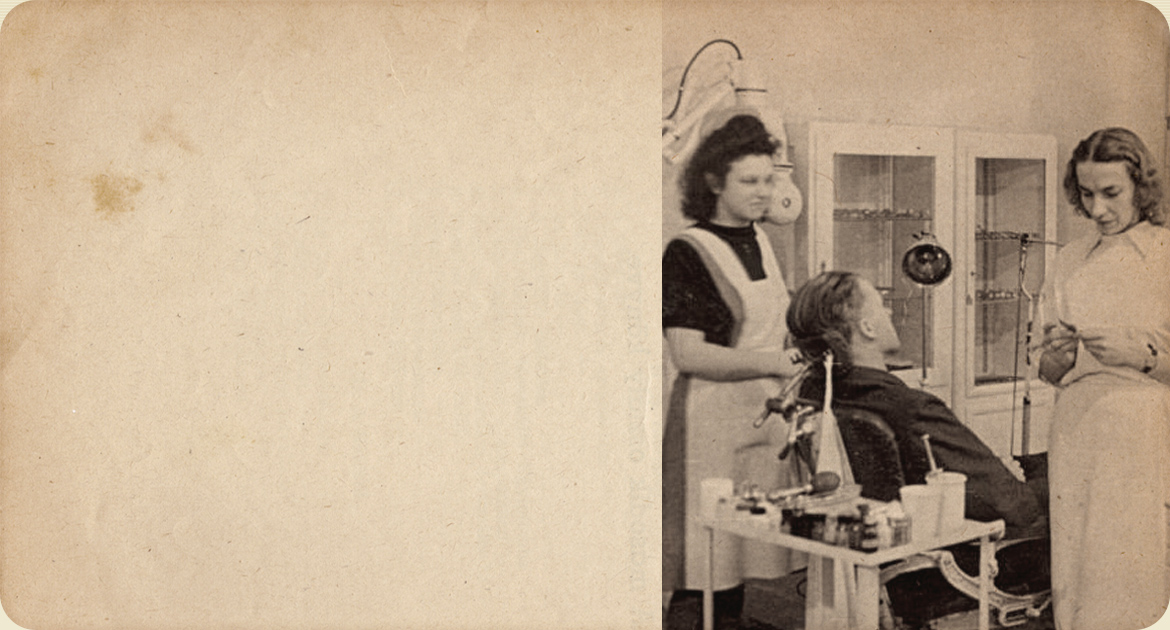
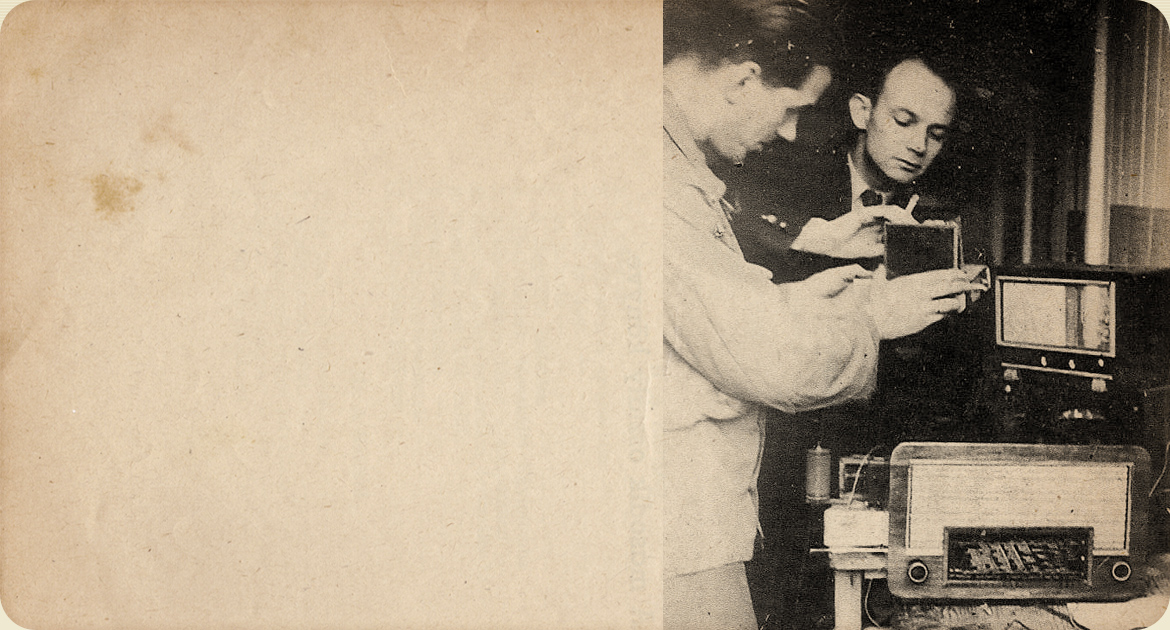

In the course of time, people began working in various jobs both inside and outside the territory of the camps to try to earn income for themselves and their families. Latvians carried out the lower level of the camp administration and many refugees worked in the organization and execution of camp work.People longed for regular, paid work, but until such was available, attempted to improve their living standards in other ways. They kept animals (not always legally), resewed clothing, obtained and chopped firewood, produced and sold handcraft items. A good example of DP enterprise was the Pegnitz DP camp, where people organized a half-legal fish processing plant, which sold smoked herrings, although the camp was very remote from the sea.
Biruta Ozols tells: “Life in a DP camp was very active. This was for several reasons. A normal human being finds it very difficult to live in idleness. UNRRA also understood that without working, humans can get into trouble, therefore it encouraged any occupation.”
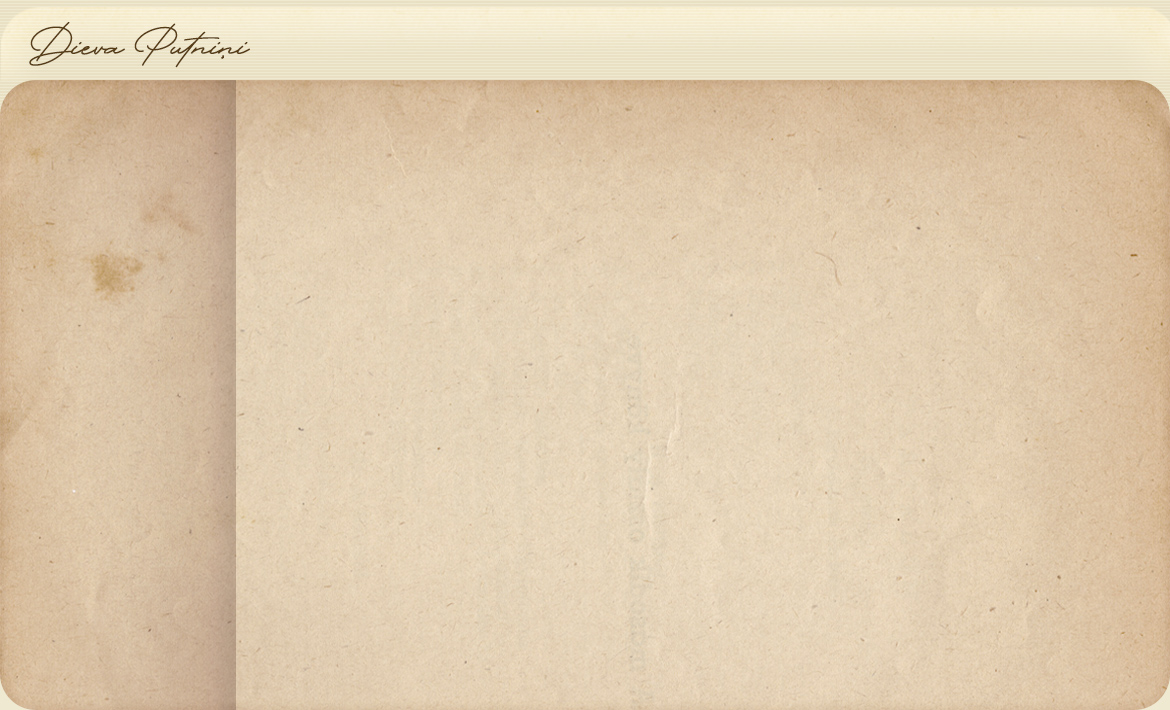

photo from Elizabete Mucnieks
ID 1015
Radio Repair Workshop



Photo from Sarma Gertnere
ID 123
Lübeck DP DENTAL SURGERY

"While we were waiting for permission to move... I got a job as an assistant in the dental surgery. We had a foot drill pedal and my foot was the thing that operated this machine."
Sarma Gertnere


Photo from Vitauts Vītoliņš
ID 1757
Driver Jānis Vītoliņš by his American Army Truck



ID 489
A "Blacks" unit , leaving Münster/WestF. Oxford Barracks

"The British Military administration began military assistance units, in which DPs could serve. These were nicknamed "blacks" or black units, because they wore uniforms which were dyed black
Jānis Šics


Photo from Viesturs Šķidra
ID 778
Transit camp sentries



Photo from Ilga Abermane
ID 2003
Food distribution workers



Foto no Mērija Jānītis
ID 1322
Preparing Lunch in the camp kitchen



Foto no Zigrīda Francis
ID 1648
Sewing workshop at Itzehoe DP camp

"At Itzehoe there was a workshop where women worked voluntarily, sewing clothes for the other camp residents from army blankets and other pieces of fabric"
Zigrīda France


Foto no Olģerts Kubuliņš
ID 1731
Logging



Photo from Astrīda Jansone
ID 1846
Cobblers workshop



Photo from Biruts Zommers
ID 1441
Anna Segliņa with her knitted jumpers

"My mother knitted beautifully... You couldn't get new wool anywhere. Aid packages from the USA often contained second-hand knitted jumpers. Mother took as many of these as she could, unravelled them, redyed the wool and knitted new, beautiful jumpers"
Biruta Zommers